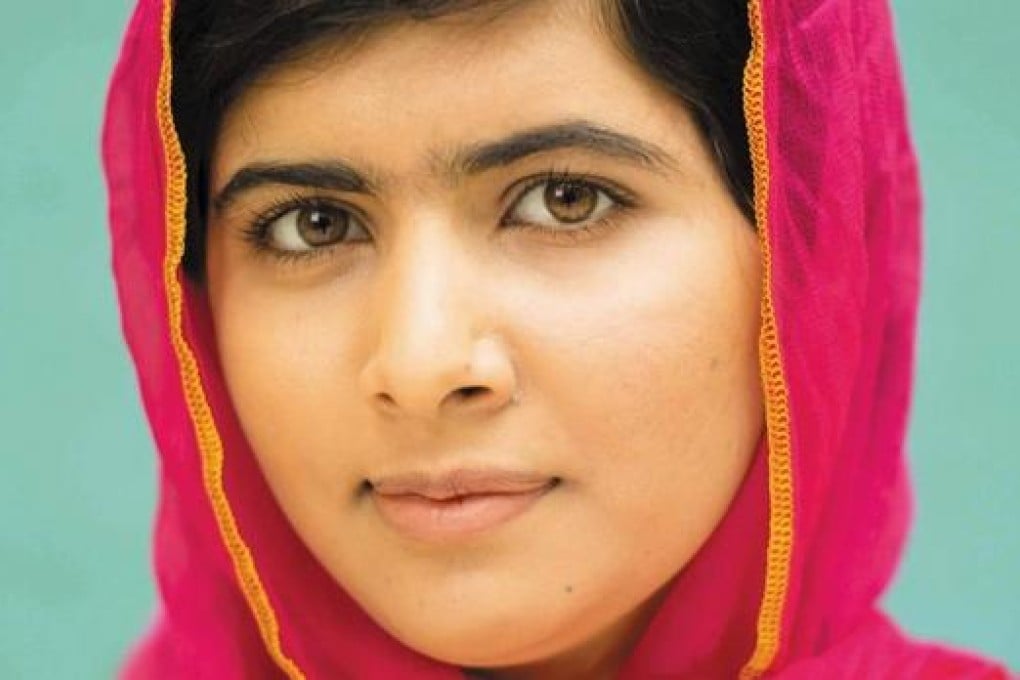Book review: I am Malala, by Malala Yousafzai and Christina Lamb
I Am Malala, Malala Yousafzai's fearless memoir, co-written with journalist Christina Lamb, begins on the teenager's journey home from school on the day she was shot in the head.

by Malala Yousafzai and Christina Lamb
Weidenfeld
4 stars
Fatima Bhutto
I Am Malala, Malala Yousafzai's fearless memoir, co-written with journalist Christina Lamb, begins on the teenager's journey home from school on the day she was shot in the head. "Who is Malala?" the young gunman who stopped the Khushal school van asked. None of the girls answered. But everyone in the valley knew who Malala was.
Ten years old when the Tehreek-e-Taliban Pakistan came to the beautiful Swat Valley, 11 years old by the time she had established herself as an international advocate for girls' education in Pakistan, Malala was targeted by the Taliban for "spreading secularism".
Malala's voice has the purity, but also the rigidity, of the principled. Whether she is being a competitive teenager and keeping track of who she beat in exams or writing about the blog for the BBC that catapulted her on to the global stage - "We were learning how to struggle. And we were learning how powerful we are when we speak" - or talking about Pakistan's politicians ("useless"), Malala is passionate and intense. Her faith and her duty to the cause of girls' education is unquestionable, her adoration for her father, Ziauddin - her role model and comrade in arms - is moving and her pain at the violence carried out in the name of Islam palpable.
Malala writes of her father wearing a black armband on the nation's 50th anniversary "because there was nothing to celebrate since Swat joined Pakistan", presciently foreshadowing a deepening ethnic imbalance so profound that only an extraordinary common enemy could distract from it.
This book is as much Ziauddin's story as it is his daughter's, and is a touching tribute to his quest to be educated and to build a model school. Malala writes of her father sitting late into the night, cooking and bagging popcorn to sell so that he would have extra income for his project. She quotes him on all matters - from the ban on Salman Rushdie's The Satanic Verses to the environmental problems facing the Swat Valley - and teases him for his long-winded speeches.